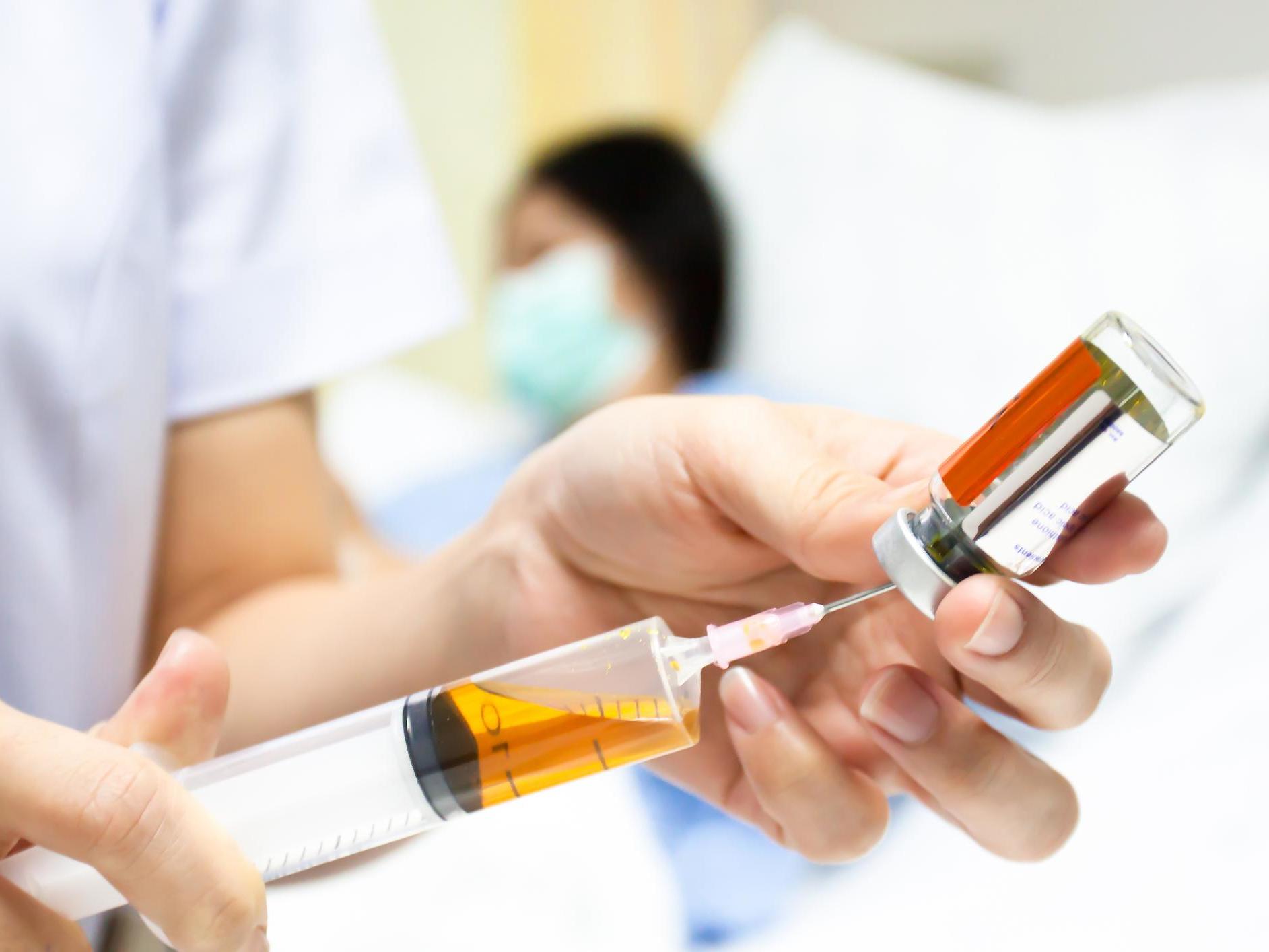Patients requiring steroids issued with special emergency cards to prevent avoidable deaths
Four deaths in two years and 320 safety incidents linked to steroids not being given to patients

Tens of thousands of patients across England who depend on regular doses of steroids to live will be issued with a new emergency card to warn hospital staff of their condition, after more than 300 incidents and four deaths in two years.
A patient safety alert to hospitals has ordered trusts to make sure that all eligible patients with Addison’s disease, or adrenal insufficiency, are given a new steroid emergency card that they can carry with them and present to staff if they are taken to hospital in an emergency or admitted for surgery.
More than 8,000 people in the UK have Addison’s disease, a disorder of the adrenal glands, in which the body does not produce its own steroids. Another 60,000 people are thought to be affected by similar rare diseases requiring steroids. Some patients who take steroids for other reasons can become dependent on the medication as their body stops producing the hormones naturally.
In the most serious cases, a patient who goes without their dose can die.
In one case, a patient was admitted to hospital after suffering a broken leg in a fall at home. They had been on steroids following surgery to remove a brain tumour 40 years before. A safety incident report said that no steroids were given for two days, leading to the patient vomiting, suffering a cardiac arrest and dying.
A search of the NHS patient safety incident database over two years found four deaths and 320 incidents where steroids were not given. Four patients had to be treated in intensive care.
The safety alert that was sent to hospitals last week said: “While substantial resources exist, specialist clinicians and patients have told us that some clinical staff are not aware of the risk of adrenal crisis or the correct clinical response should one occur.”
As well as alerting staff to the need for steroids, the card also carries advice for what to do if a patient is suffering an adrenal crisis.
Hospitals have been given until May next year to make sure all eligible patients are given an emergency card to carry.
Andrew Glass, chair of the Addison’s Disease Self-Help Group (ADSHG) charity, said: “A core principle is that it’s important for people with diseases like Addison’s to feel independent and have things under control as much as possible for when things go wrong.
“Having the card gives us a certain independence and reassurance, so all of us at the ADSHG welcome the new emergency card together with its associated updated guidance and national patient safety alert.
“We’ve supported our members through the challenges of both preventing and preparing for an adrenal crisis since 1984 and helped members to live normal lives. Preventable deaths and the adverse consequences of treatment delays are reported to us all too frequently and we are grateful to all involved in bringing about this initiative. Our hope is that it will improve the quality of life for our members and all those with adrenal insufficiency receiving care from the NHS.”
Dr Helen Simpson, a consultant endocrinologist at University College London Hospital who led work to develop the card, told The Independent that the safety alert to hospitals, along with new guidance for doctors and the emergency card itself, would help raise awareness of the care patients need.
She said: “Sadly, we know that some patients have died from omission of steroids, which for our endocrine patients are a life-sustaining treatment. It has taken over four years and close working between the Society for Endocrinology, Royal College of Physicians and NHS England’s patient safety team.”
She said cards would be available from the start of September via community services, GPs and hospital teams.
Join our commenting forum
Join thought-provoking conversations, follow other Independent readers and see their replies
Comments
Bookmark popover
Removed from bookmarks